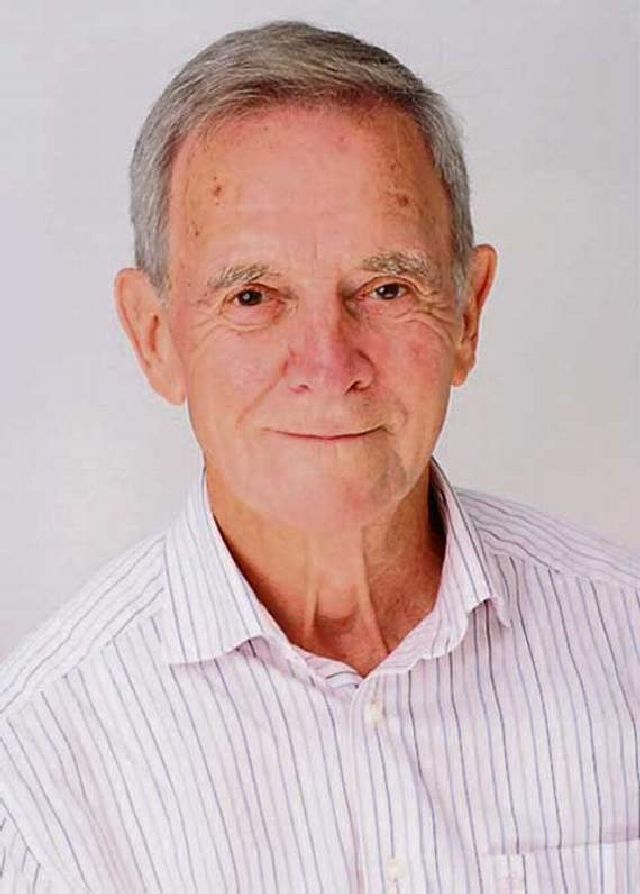
Michael Tanner writes short stories and poetry, and is currently engaged on his second novel, a fictional biography. The Arts Council of Great Britain included one of his early poems in their nationally published New Poetry 2. He has also had poems published by Macmillan Education, in Country Life, and reputable poetry magazines. He is a member of Wey Poets and the Guildford Environmental Forum (GEF). He regularly writes articles for the GEF newsletter. Apart from writing, Michael’s major interests are languages, natural history, restoring dilapidated cottages, getting lost and trying to play the clarinet. His debut poetry collection Elemental was published in July 2020 by Palewell Press.
A race we must win
Extract from an article by Michael Tanner in the Guildford Environmental Forum Newsletter.
There were many reasons for the building and launching of Apollo 11, the least noble perhaps being the desire to get into space before Russia and establish the power of a particular nation. Science and technology undoubtedly learned and are still learning from that enterprise. The expense was enormous, the team effort awesome and the national will to do such a thing equally awesome. The poignancy of the coincidence of that event with the rapidly growing understanding of what a threat we earthlings now pose to our own existence and that of other living beings has not escaped the serious observers of the media. To some, however, it is equally disturbing that further missions into space should be conceived on the following bases: exploitation of rare minerals; the setting up of safe havens in the event of the earth becoming uninhabitable through climate change; internecine struggle; possible disastrous collision with a meteor. To some it seems equally clear that if human beings are capable of the will, the technology and the team effort exhibited through Apollo 11, why should they not be capable of directing such capabilities into reaching the global target of zero carbon emissions by 2050 or earlier? That is a greater goal than getting a man to the moon and certainly requires combined intelligence, resources, and good will on a global scale. So there is the question which should have only one answer, but close behind it will follow the voices of those who all along were thinking short term, or those who could not, like someone in the Bible, renounce the piling up of all the wealth and power which his faculties could amass at the expense of the weaker and less privileged. And perhaps a majority of humans may see themselves responsible, because of their creator given endowments, for the wise and merciful tending of all that is living on this planet and not simply toil for their own apparent profit. So much remains to be learned about all forms of life and the grand ecology of life and about our human selves. What a cynical waste to see all those possibilities dashed by distorted and limited thinking, by arrogant action, by national or individual selfishness. Why, even our knowledge of ourselves is ascertained by processes only in their infancy, and certainly, our social awareness can only be in its infancy and might even have regressed since the time of the Greek philosophers. As for our educational systems, the systems we apply to our young, are they achieving what ideally they should be achieving - something greater than the efficient production of labour, geared to something called GDP, which results in a vast number of human beings spending a so called ‘working life’ producing or servicing in conditions which are tedious and repressive to the human spirit. Is it not the grossly inadequate aspects in these areas which have in fact brought us to the point of imminent disaster through the ignorant or careless despoiling of this beautiful blue planet?
Contact Information
Camilla Reeve, Senior Editor
© Copyright Palewell Press Ltd 2024
Registered in England. Number 10473109. Registered Office 89 Sheen Lane, London SW14 8AE
